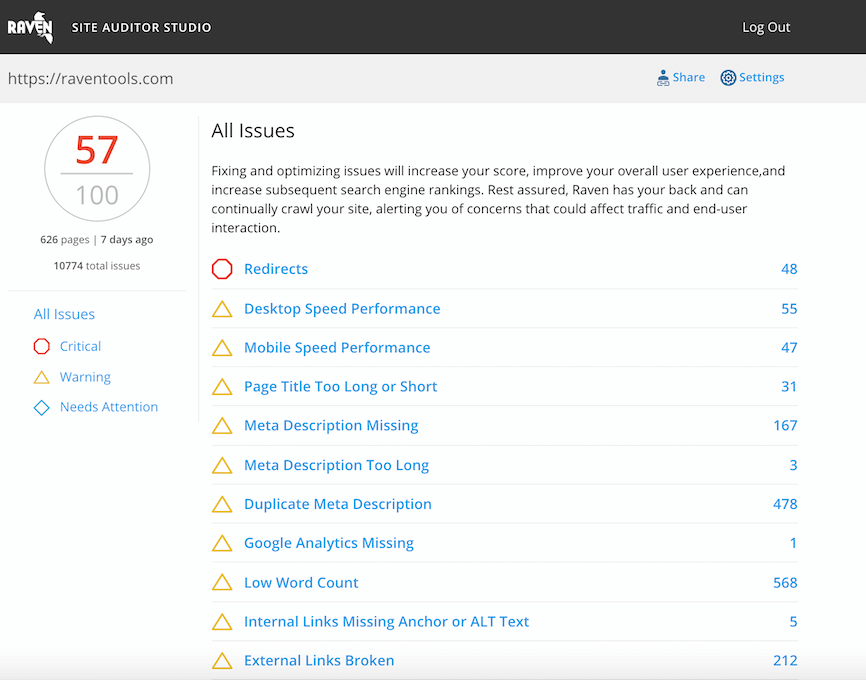Paid search can be particularly challenging when you’re working on a campaign with a limited budget. Although the popular perception is that you need a larger PPC budget to succeed, we’ve seen that running a smaller, tightly-controlled campaign of even $100 per day can sometime yield better results, especially if you’re in a market with limited demand.
There are a few small tweaks to your bidding strategy which can make all the difference both budget and success wise. If you are limited to only $25 – $150 per day, here are some ways in which you can maximize your PPC campaign.
How To Maximize Paid Search on a Minimal Budget
1 – Use an Adwords coupon to make the best out of your first month
Google Adwords offers a coupon of $75 after you spend $25. It’s restricted to those with an Adwords account that’s less than 21 days old, but it’s a good boost to get in your first month.
There are also one-time offers given by various companies in partnership to Google. Each of these have varying amounts and varying conditions and are often time-sensitive (spend X amount in Y days to get the coupon before Z date). A quick Google search can help you find them.
2 – Focus on just one network; preferably the search network
There are two places your ads can appear using Adwords: the Search Network and the Display Network. Although initially you may not know which one would be better, focusing on one avoids spreading your money too thin with mediocre results on both.
While the display network can work very well if you know how to manage it, I recommend focusing on just the search network because it’s far easier to manage and will yield better results for lower budget campaigns.
Plus, avoiding the display network eliminates the need for new creative, contextual targeting, etc., which can make it harder for you to manage a smaller campaign, in general.
3 – Limit your number of keywords to a number you can control while still being able to get clicks
The more keywords you have, the more time you’ll need to spend monitoring them for performance. Also, in adding a large number of keywords you risk of running out of budget too quickly.
Running a small budget campaign with thousands of keywords is setting yourself up for failure. Discipline yourself to start small, to pause frequently and to add gradually.
4 – Monitor your broad match terms like a hawk
Getting out while you’re ahead is great, but recognizing when to cut your losses will save you from an awful financial faux pas. Watch those broad terms! They’re great for relevant keywords, but not all of the searches will be relevant and, if people click your ad and don’t find what they need, you’ll be paying for a higher bounce rate.
If you see a keyword not converting as much, or having generally low CTRs (<0.50%) you need to eliminate them or at least change match types so that it makes sense.
5 – Focus on quality vs. quantity; pause keywords that don’t work
It would be great to buy up every keyword connected to your product/service, but since you cannot ensure conversions all the time, your bank account will be bruised by this. Even if a keyword seems to be the most relevant keyword for you, if it’s not driving traffic, it’s not worth buying.
Here are a few rules of thumb.
- If you have low CTR, High CPC, but the keyword is relevant to you, you can do one of two things; reduce your Max CPC for it or use Flexible Bid Strategy to “Maximize Clicks” and set a bid limit. That way you might get the maximum amount of clicks for your limited budget.
- If you have low CTRs and low CPCs, then pause and replace it with a more relevant ad and keyword.
- If you’re using acquisitions instead, and have high CPA pause or delete them.
6 – Figure out your bidding strategy and avoid ego bidding on terms
Put your budget first. Bidding on keywords that cost a lot just because they are marquee isn’t the right paid search strategy. While it may make sense to experiment with a high CPC keyword to see if it’s driving conversions, be ruthless — pause it if it doesn’t work out for you.
Nobody is going to give you an award for keeping position #1 in paid search for the most expensive keyword in your niche.
Figure out you bidding strategies properly. Use Enhanced CPC and get your bids optimized automatically to maximize conversions while still retaining manual control. Or you can experiment with the Flexible Bidding option “Target Return on Ad Spend” to help with your ROI for CPA.
7 – Use Adwords extensions or anything else that will help your ads stand out and improve CTR
Adwords has a few features you can tag on for free, so why not do it? Have a phone customers can call? Put in a phone extension. But don’t put in a phone line if you’re not willing to take calls just so you take up space on the page.
You can also add Sitelinks to your ads. This throws in a few more popular links to your site. If people get the information they need without clicking, it’s branding, and if they click through to your website because it has what they’re looking for, then the ad is working. Sitelinks provide more information and more bang for your buck.
Two other useful extensions are the Reviews Extension and Consumer Ratings Annotation which allows people to see how your business has been reviewed and can instantly create a sense of trust. Of course, keep an eye on that review monitor.
There are a few more Ad Extensions you can have, learn about them here with examples for each one.
8 – Analyze quality scores for the long run
The Quality Score of your landing page relevant to your ad can help in reducing costs. Raven created an AdWords Insights view that automatically identifies exact quality problems that could be costing you money — and tells you what to fix.
Analyze Quality scores for all the keywords with high CPCs. If the score is lower than 7, work on the ad relevancy and landing page quality to get a better quality score, hence lower costs.
Making sure your landing page is relevant to your ad will improve your CPA as well. A misleading ad will result in a click, but not a conversion and therefore will simply drive up your costs.
9 Pay attention to web analytics
You might be getting clicks and visitors but not conversions. This could be for a variety of reasons, but Web analytics could help point out if it’s an issue with your site. Look for bottlenecks which may turn off to-be customers (such as a broken link or a confusing pathway). Fix these issues to ensure that you get more customers for the clicks you get.
If you have run conversion tracking for at least 30 days with at least 15 conversions at a similar rate, make use of Conversion Optimizer tool. Calculate the CPA for your past conversions and feed that as a target CPA to start off with and gradually reduce the target CPAs and let the system automatically optimize your bids for conversions.
One Final Simple Rule
You can make the best of your campaigns even with a limited budget by following these tips and one simple rule: keep monitoring in Google Analytics! Since bidding is dynamic, major changes can happen in moments, and you might find yourself burning through a daily budget quickly. Being vigilant and adaptive can make all the difference.

Analyze over 20 different technical SEO issues and create to-do lists for your team while sending error reports to your client.




Thanks. Tried a few of these tricks myself but just learned a whole lot more to try. Interesting read.
Glad you enjoyed the post Robyn. Feel free to share your own tricks!
Nice article…
But the standard coupon is – spend $25 and get $100 free. And there is no such thing as second month – in the US $120-30 budget will last for 2-3 weeks even if you targeting just 1 major city and few OK keywords.
I’m glad you mentioned this. Your comment has prompted the author to update this post. Subscribe to our RSS feed to know when it’s been updated. http://feedpress.me/raven
I appreciate your comment, which has prompted the author to write an update. Subscribe to our RSS feed to be notified when it’s been published. http://feedpress.me/raven
Great article.
Very well written and concise…
Many small businesses need to run their own adwords campaign. We found that fees are around £500 (approx) per month for a reputable adwords certified agency to do this for you.
With a small budget this is not practical.
I think monitoring negative keywords is critical to success.
The quality of the page should also be constantly changed, and that can yield the biggest results.
Eg. Trying to add a video or something simple to try boost conversions